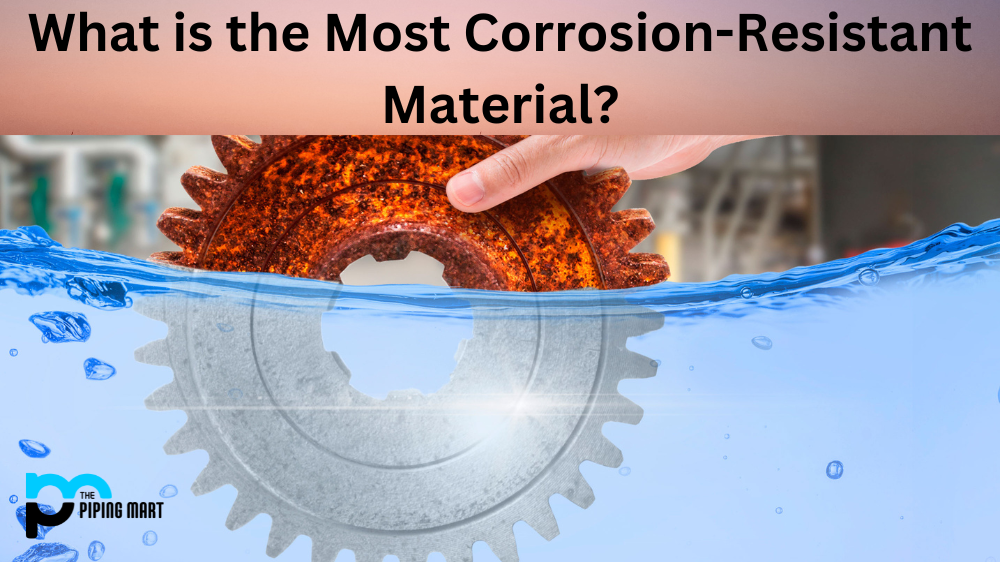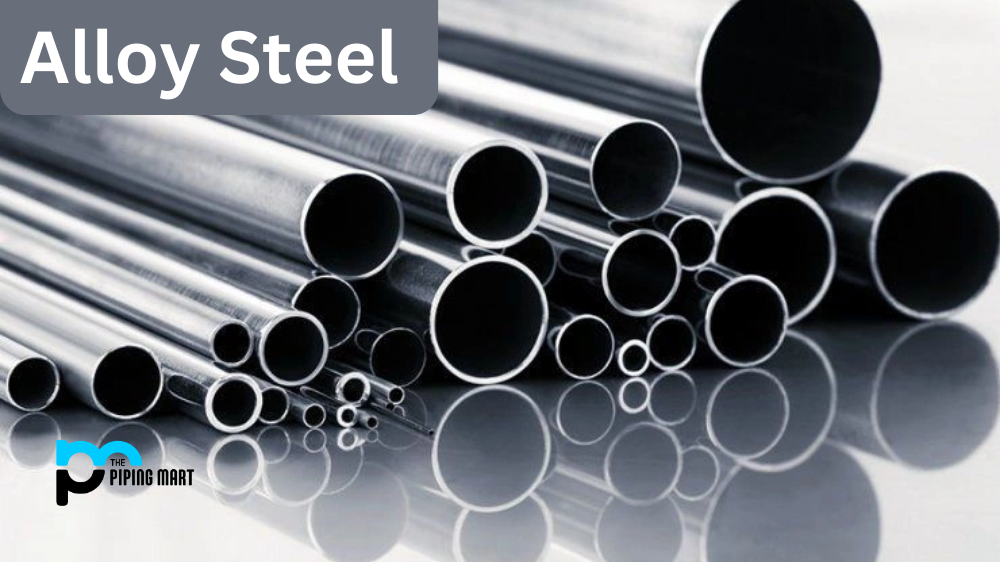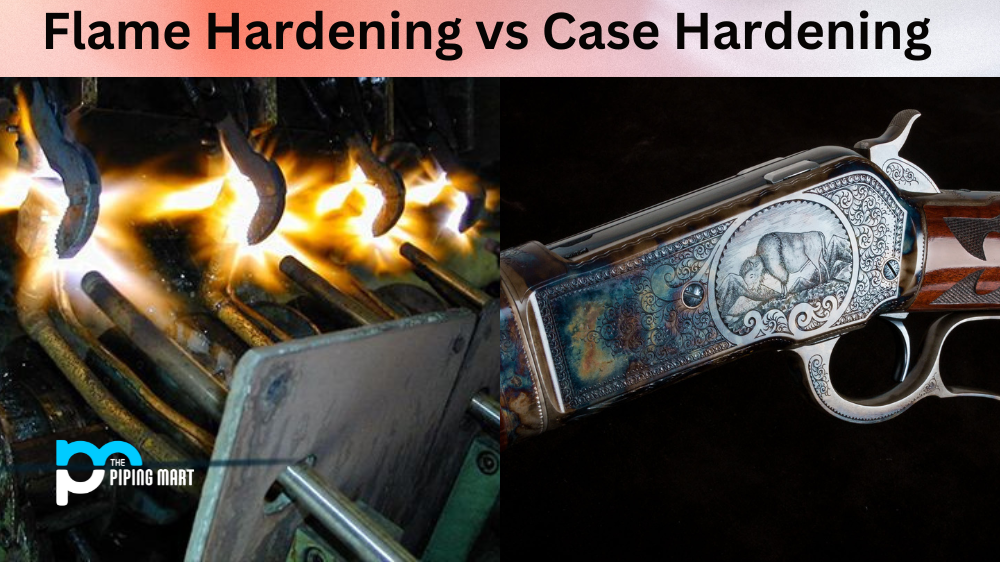When it comes to selecting materials for products, it’s important to consider their resistance to corrosion. Different materials have varying levels of corrosion resistance, and understanding which material is best suited for a particular project can make all the difference in the product’s performance. In this blog post, we’ll explore what corrosion is and look at some of the most corrosion-resistant materials available today.
What Is Corrosion?
Corrosion is a naturally occurring process that occurs when metals come into contact with other elements or compounds, such as water, oxygen, or acids. Different metals will corrode at different rates, and in different ways, depending on the environment they are exposed to. Choosing a material that will not be easily corroded by its environment or exposed elements is important.
Most Corrosion-Resistant Materials
When it comes to selecting materials for projects where corrosion resistance is an important factor, there are several options available. Stainless steel is one of the most popular choices due to its superior strength and durability. Other materials such as titanium, aluminum, copper alloys, and nickel alloys also offer excellent corrosion resistance properties and can be used in applications where stainless steel may not be suitable. Specialty coatings such as epoxy paint may also be applied to provide additional protection against corrosive elements.
Carbon Steel
Carbon steel, the most commonly utilized metal in industry, provides for about 85 percent of the world ‘s total steel supply. Because of their relatively low resistance to corrosion. Carbon steels are restricted in alloy content by their composition, typically less than 2 percent by weight for complete adds. Unfortunately, these degrees of inclusion usually do not result in any significant improvements in general corrosion actions. One potential exception to this rule will be the weathering of steels; with limited contributions of copper, chromium, nickel and phosphorus, the corrosion risk in some conditions is greatly decreased.
Galvanized Steel
It takes a long time for galvanized steel to rust but eventually it will rust. This type is galvanized carbon steel, or coated with a thin layer of zinc. The zinc serves as a shield stopping the steel from touching oxygen and water, and it is safe from corrosion. Even if the zinc coating is scratched off, it continues to protect nearby areas of the underlying steel by providing cathodic protection and by forming a zinc oxide protective coating. Like aluminum, zinc in the presence of moisture is highly reactive to oxygen and the coating prevents further oxidation of the iron in the steel.
Aluminum
Most planes are constructed of aluminum, as are pieces of vehicles and motorbikes. That’s because of its light weight but also because of its corrosion resistance. Aluminum alloys have virtually no iron so the aluminum can’t really rust without heat, but it can oxidize. A layer of aluminum oxide quickly appears on the surface as the alloy is exposed to water. The strong oxide coating is fairly corrosion resistant and preserves the underlying metal.
Stainless Steels
Stainless steel grades, like 304 or 316, are a combination of materials, and most involve a small amount of iron that oxidizes readily to produce rust. But several stainless steel alloys often produce a large proportion of chromium that is much more resistant than iron – at least 18 percent. The chromium quickly oxidizes to create a defensive coating of chrome oxide on the metal surface. This oxide coating prevents corrosion while stopping oxygen from entering the underlying steel at the same time. Many alloy components such as nickel and molybdenum contribute to the ability to rust.
Conclusion
Corrosion-resistant materials are essential for many projects, and choosing the right material can make all the difference in performance and longevity. Stainless steel and other metals are often used due to their superior strength and durability, while specialty coatings provide additional protection against corrosive elements. Understanding which material will work best for your project can help ensure that your product will last for years!

Meet Bhavesh, a seasoned blogger with a wealth of knowledge and experience. From metal products manufacturing to retail, Bhavesh has a diverse background in various industries and is dedicated to sharing his insights and expertise with readers.




